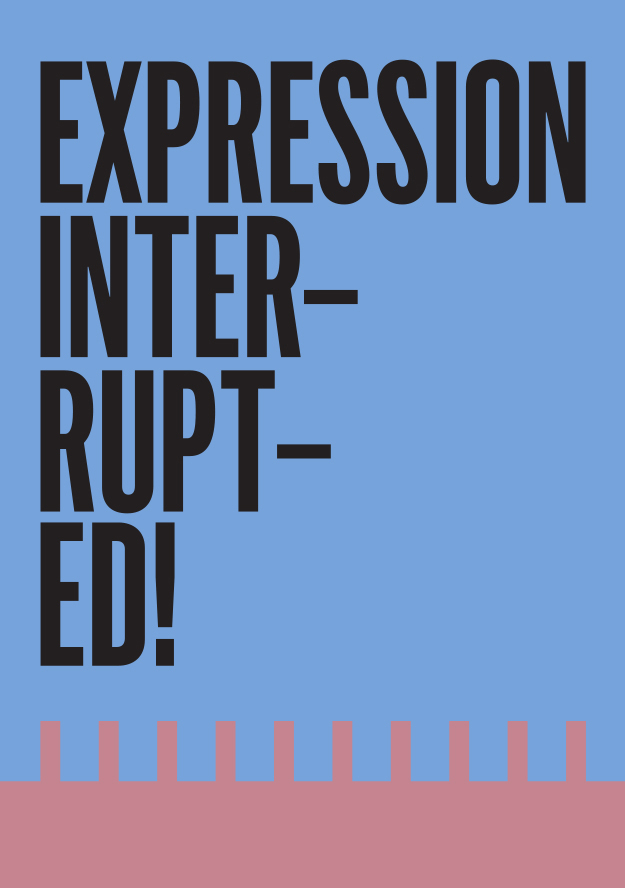Journalists and academics bear the brunt of the massive crackdown on freedom of expression in Turkey. Scores of them are currently subject to criminal investigations or behind bars. This website is dedicated to tracking the legal process against them.


Istanbul court maintains defendants in the Altans case “participated as perpetrators” in the failed coup attempt
The Istanbul 26th High Criminal Court issued on March 16 its reasoned decision on a case where six defendants including journalist and novelist Ahmet Altan, his brother academic and columnist Mehmet Altan and veteran journalist Nazlı Ilıcak were handed down aggravated life sentences for “attempting to overthrow the constitutional order.”
The reasoned judgment, which came a full month after the original verdict on February 16, consists of lengthy court documents, including the indictment and transcribed recordings of the court sessions and a total of 796 pages.
In the detailed decision, the court says that the “Defendants are co-perpetrators of the offence of violating the Constitution through participating in the violence, bombings and murders committed across the country during the coup attempt with the intent of violating the constitutional order, through participating in the use of physical force-- beyond immaterial force.”
The court lists “official records included in the case file, other indictments included for informative purposes, Twitter posts shared by the defendants prior to the coup attempt, statements by witnesses and secret witnesses” and remarks made in a couple of television programs before and during the failed coup attempt on July 15, 2016.
“The convicted defendants participated in the use of physical force across Turkey on the night of July 15-16 as co-perpetrators,” says the court, adding that they were handed down the aggravated life sentences in accordance with the severity of their crime.
Reference to 1764 book
While explaining why the defendants were found guilty of actual participation in the coup attempt, the court refers to On Crimes and Punishments, a book written by Italian jurist and philosopher Cesare Bonesana-Beccaria in 1764.
Defense lawyers have maintained throughout the trial proceedings that the term “immaterial force” should be dismissed, based on recent rulings issued by the 16th Criminal Chamber of the Supreme Court of Appeals in regard to the coup attempt trials, which underlined that “use of force and violence” constitute the elements of the crime of coup and that the term “immaterial violence” was unacceptable under the current Turkish laws.
The court, on the other hand, cited the “Beccarian perspective,” according to which acts against the constitutional order could be both “physical and immaterial acts.” The court further argued that such acts include “speech and writings” as thought alone cannot be punished when it is not expressed in one of these forms.
Full text of the reasoned decision (in Turkish) can be accessed here.
On February 16, 2018, the Istanbul 26th High Criminal Court sentenced Ahmet Altan, Mehmet Altan, Nazlı Ilıcak, Marketing Director of the shuttered Zaman newspaper Yakup Şimşek, the daily’s chief page designer Fevzi Yazıcı and former Police Academy lecturer Şükrü Tuğrul Özşengül to aggravated life sentences for “attempting to overthrow the constitutional order.”
Announcing its verdict at the end of the five-day hearing that took place from February 12-16 in Silivri, the court ruled that there was no need to issue separate verdicts on the charges of “attempting to overthrow the Parliament” and “attempting to overthrow the government,” as those offenses were “implicit in the offense of ‘attempting to overthrow the constitutional order’.”
The court acquitted Tibet Murat Sanlıman, the only defendant in the case who had been released pending trial, and ruled for the lifting of the judicial control terms imposed on him.
The court ruled that on account of the “defendants’ conduct throughout the trial,” no reduction of sentence should be granted.
The defendants were charged on the basis of their writings, televised remarks, social media posts, as well as phone communication records and witness statements, although no witness ever appeared before the court to testify and be questioned.
The Altans were initially arrested for “sending subliminal messages” during a television program they attended on the night of July 14, 2016 along with Ilıcak. But that accusation disappeared after an international outcry and instead they were accused of “making statements that are evocative of coup.”